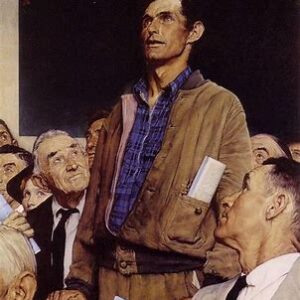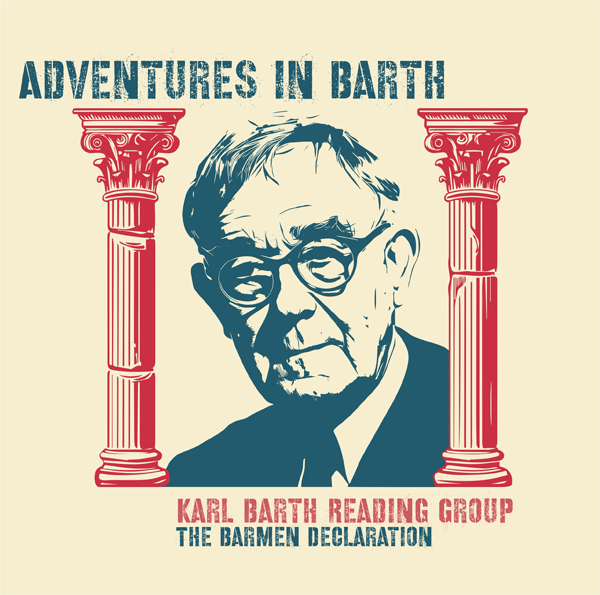Returning to the U.S.
My two months serving a church in Mexico are at an end. We’re in the process of traveling back to Seattle from San Miguel de Allende. Actually, we’re in the midst of six-hour layover in the Houston Airport.
Traveling today can be pretty awful. You reach the end of one long line only to move to the next one. You make your way through airports that may be the only thriving shopping malls in America, thanks to having a captive audience. You try to figure out if today is a day to remove your belt or your shoes or disrobe in some other way.
Unless of course you pay for the “upgrades,” which entitle you to shorter lines, larger seats, and comfortable waiting areas.
With roughly two thousand other travelers, we snaked along in the Border Control line here in the Houston airport waiting for one of the two open Customs and Border Control stations (two out of forty, Linda counted them), which is why we missed a flight and have a long layover.
As we wound back-and-forth through the intestine-like coils, a video ran overhead monitors about “The Golden Age of Travel.” The key to entering this new golden age is “The Global Entry Pass Program” of the U.S. Government. “Expedited travel” is what you get by paying a fee and becoming a member.
It is no doubt worth it.
And yet . . . The Globe Entry Pass Program is but one manifestation of what is everywhere in America today: systems and schemes for special access, special privileges and special attention. While that has probably always been true to some extent, now it both more brazen, pervasive and corrosive. On today’s first flight we were given a stern warning to not occupy exit rows seats that are unoccupied as “you haven’t paid for that upgrade.”
And I would add one other word to describe the pervasive pay for privilege system: “un-American.”
 America, at least in aspiration, was a nation that celebrated what composer Aaron Copeland called “The Common Man.” We were a people against aristocracies of birth, wealth, title or class. Yes, we failed in so many ways: slavery and segregation, the treatment of American Indians and denying women the vote. Many would say these failures proved those aspirations hollow.
America, at least in aspiration, was a nation that celebrated what composer Aaron Copeland called “The Common Man.” We were a people against aristocracies of birth, wealth, title or class. Yes, we failed in so many ways: slavery and segregation, the treatment of American Indians and denying women the vote. Many would say these failures proved those aspirations hollow.
Such aspirations were compromised, but not hollow.
Moreover, we had institutions that supported and embodied these aspirations: public education (even public universities at low or not cost), national and public parks open to all without fees, a public library system that was the envy of the world, civic holidays and common rituals shared by people of all sorts and conditions.
While the work of artist Norman Rockwell will be dismissed by some as sentimental, Rockwell did pay tribute to the American of the common man, the same vision for which Copeland composed his “Fanfare of the Common Man.” The painting above is titled, “Freedom of Speech.” (When Rockwell took on segregation in his art, magazines like “The Saturday Evening Post,” stopped carrying him.)
So the fact that the U.S. government now creates “membership” programs such as “The Global Entry Pass” for those who can or will pay, strikes at a very basic American ideal, “That all men (sic) are created equal.” A nation of and for the common man.
What’s pervasive in America now is quite different. It is a culture of fees (often hidden) and upgrades that attach charges to getting the first, the best or the most exclusive. And it is a culture of an ostentatious display of wealth. Increasingly, we have bought the easy lie: wealth equals worth.
This puts a dagger in the heart of a society which aspires to honor the dignity of each person regardless of wealth, influence, race, religion or birth. Instead of more nearly and widely realizing these aspirations, America has in the last fifty years gone in an opposite, but very old, direction: the more you have the more you get.
![Anthony B. Robinson [logo]](https://www.anthonybrobinson.com/wp-content/themes/anthonybrobinson/images/logo.png)
![Anthony B. Robinson [logo]](https://www.anthonybrobinson.com/wp-content/themes/anthonybrobinson/images/logo-print.png)
